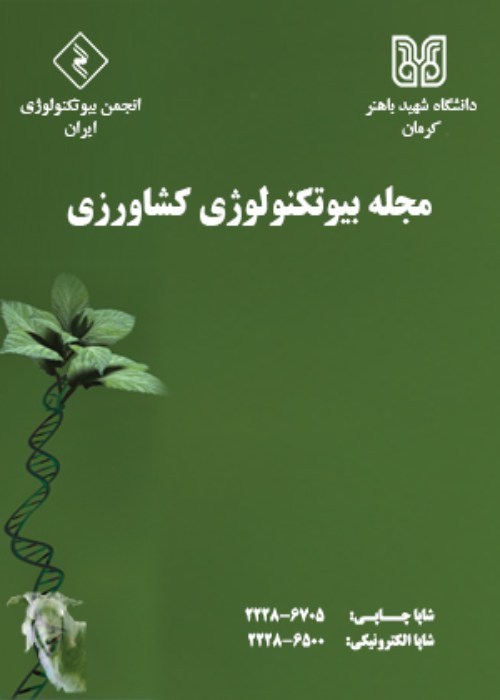Identification of genes involved in ion transport under high salinity stress in rice seedlings
Rice is highly sensitive to salinity stress among crops. The sensitivity at seedling stage and reproductive phase causes damage to the essential processes of plant and ultimately reduces the yield. In saline environments, ion toxicity is increased by sodium uptake. Tolerant cultivars cope the salinity stress by low maintain of Na+/K+ in the photosynthetic organs. The entry and exclusion of ions in the plant cells is controlled by ion channels and transporters. Identifying and evaluating the expression pattern of genes encoding these transporters at different time points and organs was our objective.
In present study, two rice genotypes of tolerant CSR28 and sensitive IR28 were used. The grown seedlings in hydroponic medium were exposed to 150 mM salinity treatment and the roots and shoots were collected after 6 and 54 h of the treatment. After RNA extraction, library construction and RNA-Seq analysis were performed and differential expressed gene identified. MapMan pathway analysis was used to identify the genes encoding ion transporters.
The comparison of the two genotypes under specific salinity stress, identified 47 highly expressed genes encoding ion transporters which some of them showed genotype or organ-specific expression pattern. OsTPC1 and OsSOS3 genes, which are involved in the entry of Ca+ into cells and Ca+ receptors, respectively, had higher expression in the roots of the tolerant genotype than the susceptible genotype at 54 h time point. Considerably, high expression of the important genes such as OsSOS1 and OsNHX1 in the tolerant genotype indicated a low Na+ accumulation compared to the sensitive genotype. Other gene involved in ion homeostasis, such as OsHKT1, displayed more expression in the roots of the tolerant genotype at 54 h.
Generally, our findings revealed that the molecular mechanisms occurred in the roots under long-term salinity stress caused differences in salinity tolerance through various ion homeostasis. The results also indicated the role of the Ca+-related signaling pathway in the higher tolerance of CSR28. Specific expression patterns of some of the genes can be used as biomarker in the selection programs of salt-tolerant rice genotypes.
- حق عضویت دریافتی صرف حمایت از نشریات عضو و نگهداری، تکمیل و توسعه مگیران میشود.
- پرداخت حق اشتراک و دانلود مقالات اجازه بازنشر آن در سایر رسانههای چاپی و دیجیتال را به کاربر نمیدهد.


